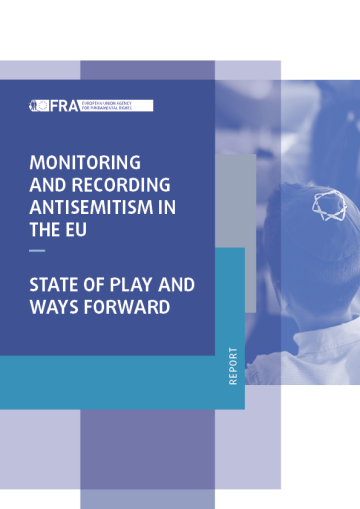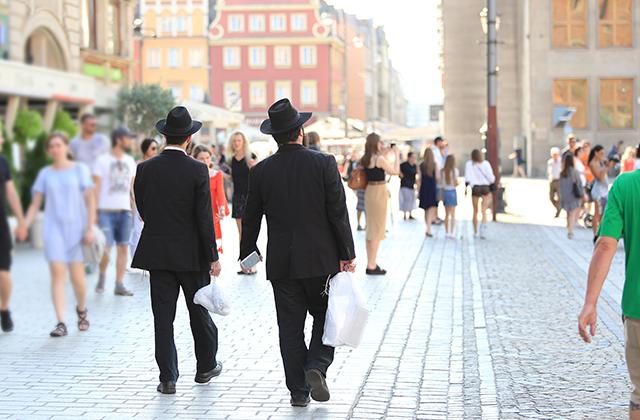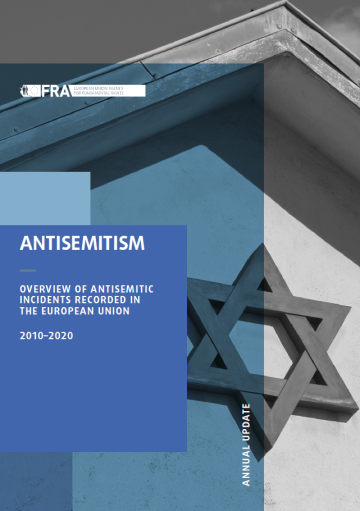Article 25.1. Churches and other religious organizations shall have equal rights. 2. Public authorities in the Republic of Poland shall be impartial in matters of personal conviction, whether religious or philosophical, or in relation to outlooks on life, and shall ensure their freedom of expression within public life. 3. The relationship between the State and churches and other religious organizations shall be based on the principle of respect for their autonomy and the mutual independence of each in its own sphere, as well as on the principle of cooperation for the individual and the common good. 4. The relations between the Republic of Poland and the Roman Catholic Church shall be determined by international treaty concluded with the Holy See, and by statute. 5. The relations between the Republic of Poland and other churches and religious organizations shall be determined by statutes adopted pursuant to agreements concluded between their appropriate representatives and the Council of Ministers.Article 53 1. Freedom of conscience and religion shall be ensured to everyone. 2. Freedom of religion shall include the freedom to profess or to accept a religion by personal choice as well as to manifest such religion, either individually or collectively, publicly or privately, by worshipping, praying, participating in ceremonies, performing of rites or teaching. Freedom of religion shall also include possession of sanctuaries and other places of worship for the satisfaction of the needs of believers as well as the right of individuals, wherever they may be, to benefit from religious services. 3. Parents shall have the right to ensure their children a moral and religious upbringing and teaching in accordance with their convictions. The provisions of Article 48, para. 1 shall apply as appropriate. 4. The religion of a church or other legally recognized religious organization may be taught in schools, but other peoples' freedom of religion and conscience shall not be infringed thereby. 5. The freedom to publicly express religion may be limited only by means of statute and only where this is necessary for the defence of State security, public order, health, morals or the freedoms and rights of others. 6. No one shall be compelled to participate or not participate in religious practices. 7. No one may be compelled by organs of public authority to disclose his philosophy of life, religious convictions or belief.Article 85 (...) 3. Any citizen whose religious convictions or moral principles do not allow him to perform military service may be obliged to perform substitute service in accordance with principles specified by statute.









